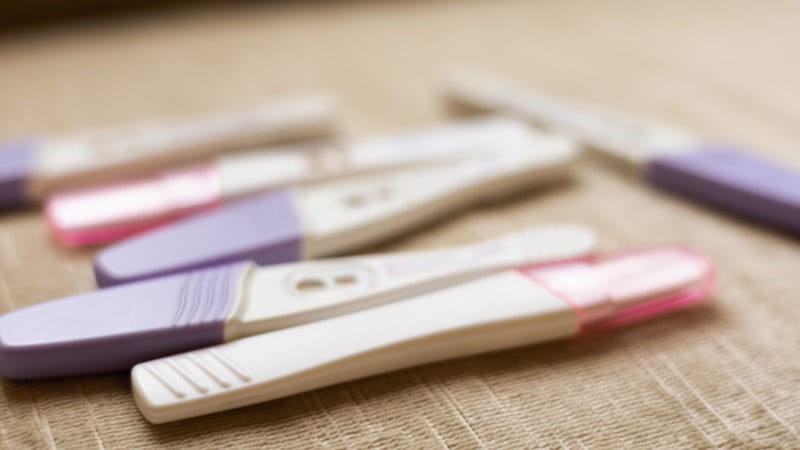Women May Face Health Risks in Pregnancy After Infertility Treatments

Key takeaways:
- Women who get pregnant with some types of infertility treatments are at higher risk of other health problems and pregnancy complications, a recent study found.
- Those who already have certain factors, such as high blood pressure and obesity, are most at risk of heart problems during or after pregnancy.
- Heart and health screenings and lifestyle counseling before infertility treatments may help lessen risks for women.
Women battling infertility know the mental and physical challenges of trying to get pregnant. Now, a recent study shows that using medical treatments to conceive might increase the risks of vascular (blood vessel) problems and pregnancy complications. It’s important to understand these risks to protect your health on your journey to conception and beyond.
Researchers examined hospital data on more than 34 million deliveries from 2008 to 2016. The analysis included women who got pregnant naturally and those who used assisted reproductive technology (ART), including in vitro fertilization and medicines affecting ovulation timing. The research was published in a special Go Red for Women issue of the Journal of the American Heart Association, an open access, peer-reviewed journal of the American Heart Association.
Women who conceived with ART were older, on average 35 years old, compared with age 28 for those who conceived naturally. The women who used ART were also more often affected by preexisting health conditions. Some of these were chronic high blood pressure, obesity and diabetes. But even women with no preexisting risk factors faced a higher chance of medical problems after ART.
The women in the study who had used ART also:
- Were more than 2.5 times as likely to suffer acute kidney damage, also known as acute kidney failure.
- Had a higher risk for arrhythmia (irregular heartbeat).
- Faced more pregnancy complications. These included cesarean delivery; preterm birth; and placental abruption (when the placenta separates from the lining of the uterus).
- Had higher hospital bills, averaging $18,705, compared with $11,983 for those who conceived naturally.
Why infertility matters
Infertility, or the inability to get pregnant after one year of trying, affects an estimated 48 million couples worldwide. Many women turn to fertility treatments to become pregnant.
Understanding the link between infertility and other health problems is important. Pregnancy increases the stress on a woman’s body. Women who choose fertility treatments often have other preexisting medical concerns, such as obesity and heart disease risks.
Getting women as healthy as possible before pregnancy is essential. More than half of women enter pregnancy with a risk factor for cardiovascular disease. Heart disease and stroke, the No. 1 killer of women in the U.S., is also the leading cause of death during and after pregnancy. Women of color experience the highest death rates.
Conversations between women and their health care providers are critical
The study highlights the importance of counseling patients about their risks if they are considering infertility treatments, and suggests health care providers should:
- Have detailed discussions with women about potential pregnancy and vascular complications before ART.
- Encourage women to have health screenings, including heart assessments before pregnancy.
- Monitor those who conceived with ART — in particular, paying close attention during delivery to women with existing heart disease and stroke risk factors.






